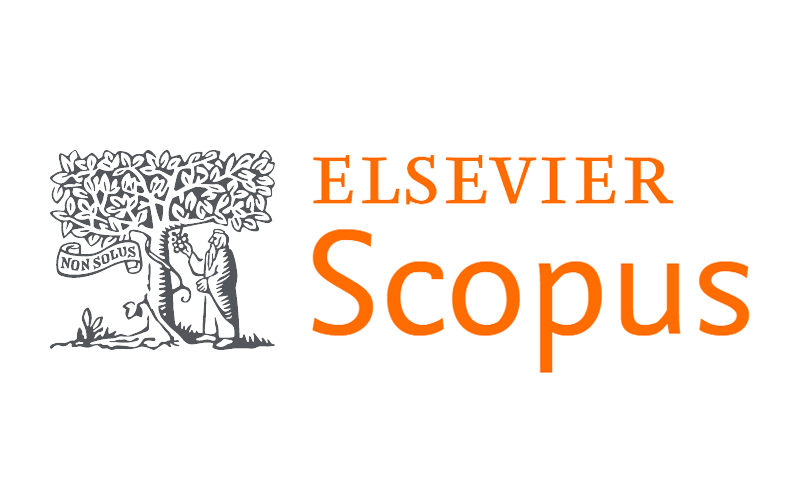Practising in a post-truth world: Pandemic ethics can inform patient autonomy and clinical communication
DOI:
https://doi.org/10.7196/SAMJ.2023.v113i1.16746Keywords:
Pamdemic, Clinicians, COVIDAbstract
The COVID-19 pandemic posed an unprecedented challenge to modern bioethical frameworks in the clinical setting. Now, as the pandemic stabilises and we learn to ‘live with COVID’, the medical community has a duty to evaluate its response to the challenge, and reassess our ethical reasoning, considering how we practise in the future. This article considers a number of clinical and bioethical challenges encountered by the author team and colleagues during the most severe waves of the pandemic. We argue that the changed clinical context may require reframing our ethical thought in such a manner as to adequately accommodate all parties in the clinical interaction. We argue that clinicians have become relatively disempowered by the ‘infodemic’, and do not necessarily have adequate skills or training to assess the scientific literature being published at an unprecedented rate. Conversely, we acknowledge that patients and families are more empowered by the infodemic, and bring this empowerment to bear on the clinical consultation. Sometimes these interactions can be unpleasant and threatening, and involve inviting clinicians to practise against best evidence or even illegally. Generally, these requests are framed within ‘patient autonomy’ (which some patients or families perceive to be unlimited), and several factors may prevent clinicians from adequately navigating these requests. In this article, we conclude that embracing a framework of shared decision-making (SDM), which openly acknowledges clinical expertise and in which patient and family autonomy is carefully balanced against other bioethics principles, could serve us well going forward. One such principle is the recognition of clinician expertise as holding weight in the clinical encounter, when framed in terms of non-maleficence and beneficence. Such a framework incorporates much of our learning and experience from advising and treating patients during the pandemic.
References
Troya J, Seijo LM, Pérez M, Sentchordi-Montane L, Martínez-Alcalá Á. Improvisation in times of pandemic, a reason for reflection. Int J Infect Dis 2020;96:361-362. https://doi.org/10.1016/j. ijid.2020.05.038
Palayew A, Norgaard O, Safreed-Harmon K, Andersen TH, Rasmussen LN, Lazarus JV. Pandemic publishing poses a new COVID-19 challenge. Nature Hum Behav 2020;4(7):666-669. https://doi. org/10.1038/s41562-020-0911-0
Oermann MH, Nicoll LH. A primer on preprints. Nurse Author Editor 2020;30(2):1-10. https://doi. org/10.1111/j.1750-4910.2020.tb00564.x
Goodman JL, Borio L. Finding effective treatments for COVID-19: Scientific integrity and public confidence in a time of crisis. JAMA 2020;323(19):1899-1900. https://doi.org/10.1001/jama.2020.6434 5. Uscinski JE, Enders AM, Klofstad C, et al. Why do people believe COVID-19 conspiracy theories?
Harvard Kennedy School Misinformation Rev 2020;1(3). https://doi.org/10.37016/mr-2020-015
Wadvalla B-A. COVID-19: Ivermectin’s politicisation is a warning sign for doctors turning to orphan
treatments. BMJ 2021;373:n747. https://doi.org/10.1136/bmj.n747
Parmet WE, Paul J. COVID-19: The first posttruth pandemic. Am J Public Health 2020;110(7):945-
https://doi.org/10.2105/ajph.2020.305721
Stock PG, Wall A, Gardner J, et al. Ethical issues in the COVID-19 era: Doing the right thing depends
on location, resources, and disease burden. Transplantation 2020;104(7):1316-1320. https://doi.
org/10.1097/tp.0000000000003291
South African Medical Association. Rights and responsbilities of doctors and patients. 2012. https://
www.samedical.org/images/attachments/rights-and-responsibilities-of-doctors-and-patients-jul012.
pdf (accessed 16 May 2021).
Reynolds A. Patient-centered care. Radiol Technol 2009;81(2):133-147.
Hamza M, Khan H, Sattar Z, Hanif M. Doctor-patient communication in surgical practice during
the coronavirus (COVID-19) pandemic. Br J Surg 2020;107(7):e193. https://doi.org/10.1002/bjs.11661 12. Wittenberg E, Goldsmith JV, Chen C, Prince-Paul M, Johnson RR. Opportunities to improve COVID-19 provider communication resources: A systematic review. Patient Educ Couns
;104(3):438-451. https://doi.org/10.1016/j.pec.2020.12.031
Menon V, Padhy SK, Pattnaik JI. Stigma and aggression against health care workers in India amidst
COVID-19 times: Possible drivers and mitigation strategies. Indian J Psychol Med 2020;42(4):400-401.
https://doi.org/10.1177/0253717620929241
Abrams EM, Shaker M, Oppenheimer J, Davis RS, Bukstein DA, Greenhawt M. The challenges and opportunities for shared decision making highlighted by COVID-19. J Allergy Clin Immunol Pract 2020;8(8):2474-2480.e1. https://doi.org/10.1016/j.jaip.2020.07.003
Légaré F, Adekpedjou R, Stacey D, et al. Interventions for increasing the use of shared decision making by healthcare professionals. Cochrane Database Syst Rev 2018;7(7):CD006732. https://doi. org/10.1002/14651858.cd006732.pub4
Barnoy S, Ofra L, Bar‐Tal Y. What makes patients perceive their health care worker as an epistemic authority? Nurs Inquiry 2012;19(2):128-133. https://doi.org/10.1111/j.1440-1800.2011.00562.x
Downloads
Published
Issue
Section
License
Copyright (c) 2022 J Fabian, H R Etheredge, C Lundgren, L Brannigan

This work is licensed under a Creative Commons Attribution-NonCommercial 4.0 International License.
Licensing Information
The SAMJ is published under an Attribution-Non Commercial International Creative Commons Attribution (CC-BY-NC 4.0) License. Under this license, authors agree to make articles available to users, without permission or fees, for any lawful, non-commercial purpose. Users may read, copy, or re-use published content as long as the author and original place of publication are properly cited.
Exceptions to this license model is allowed for UKRI and research funded by organisations requiring that research be published open-access without embargo, under a CC-BY licence. As per the journals archiving policy, authors are permitted to self-archive the author-accepted manuscript (AAM) in a repository.
Publishing Rights
Authors grant the Publisher the exclusive right to publish, display, reproduce and/or distribute the Work in print and electronic format and in any medium known or hereafter developed, including for commercial use. The Author also agrees that the Publisher may retain in print or electronic format more than one copy of the Work for the purpose of preservation, security and back-up.





